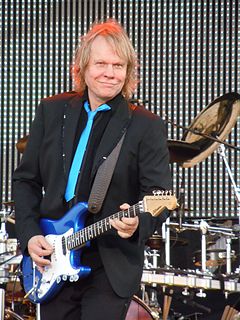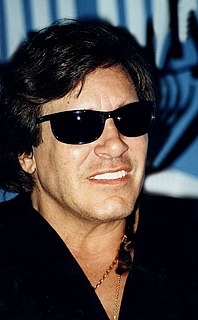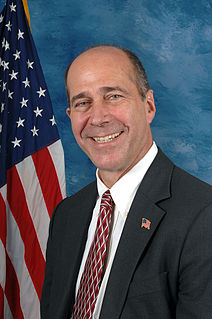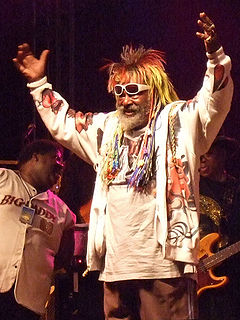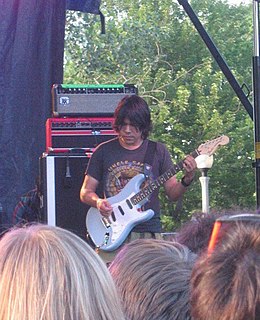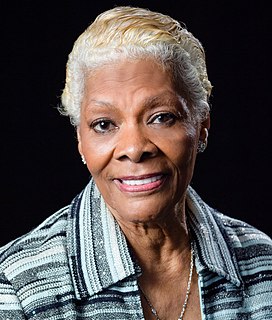A Quote by Malcolm Gladwell
Radio stations have constructed a narrow door[way], and that's because they don't understand how complex and paradoxical our snap judgments are. It's hard to measure new songs.
Related Quotes
We are extremely proud to represent all of Radio One's stations within the Katz Radio Group. For the past five years we have worked diligently alongside Radio One to build their business in the markets we have historically represented including Houston, Los Angeles, Philadelphia , Raleigh and Columbus. At a time of significant growth in the African American consumer market the addition of the remaining Radio One stations expands our ability to deliver strategic marketing solutions to our agency and advertiser customers.
Since the beginning of my recording career in 1975, I have had a little difficulty because the pop stations think I'm a jazzer who doesn't have a feeling for pop, so it's hard to get my records played. Similarly, black urban radio doesn't understand that with my R&B roots, I am more than a jazz singer. So I get pigeonholed.
On a musical level, I do find it rewarding. It's not like I want to blow my brains out while I'm playing these songs from so long ago. I am still surprised by the way the songs are constructed - note choices, the way the arrangements are made, the way these songs are assembled. I'm still amazed at times.
Radio astronomy reflects our fascination with how audio can be used to understand information or ideas. Just as scientists visualize data through charts and pictures, we can use 'data sonification' to translate radio signals into sound that help us better understand some of our most enigmatic planetary systems.

